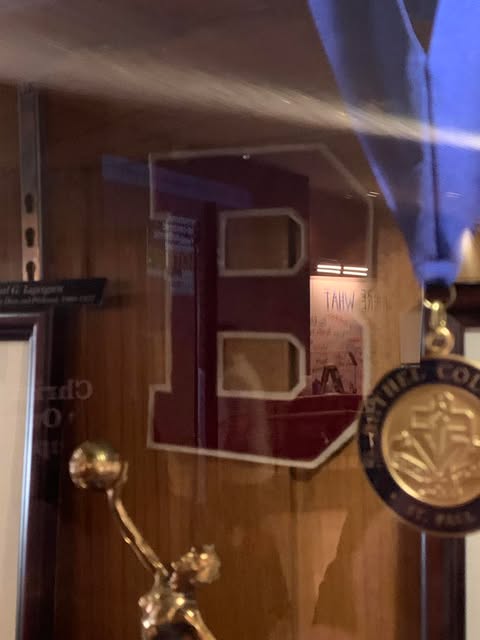| Professor: Dr. Scott Sochay | Dept. of Communication Studies |
| Office: HC327F | Interim 2026 |
| Office Hours: right after class and by appt. | Time: MTWHF 8:30 - 11:40 |
| Office Phone: (651) 638-6199 | Location: HC241 |
| Home Phone: (517) 648-7759 (before 8:30 pm) | PO Box 51 |
| email: socsco@bethel.edu | Back to Sochay home page |
Required Text:
LaDuke, Winona (1997). Last Standing Woman, Stillwater, MN: Voyageur Press or Dimaline, Cherie (2017). Marrow Thieves. Toronto, ONT: DCB Books.
Sochay, Scott (2007). Native Americans and the Media reading packet.
World Cultures (U-tag) courses at Bethel give students the opportunity to think critically about the traditions, frameworks, and structures of cultures that are different from their own. As a result of taking this course, students should be able to recognize the diverse perspectives and lived experiences of neighbors and colleagues and demonstrate flexibility by adapting to diverse environments.
Course Objectives:
Students will:
-
understand that there is no one Native American culture and learn to identify stereotypes;
-
investigate and become class expert on one major Indian tribe;
-
be exposed to Native American voices and learn how to access Native American voices - both historic and contemporary;
-
develop critical skills to analyze Native American media portrayals and;
-
be able to compare and contrast social and media criticisms of Native American portrayals.
As a U-tag, this course has related gen ed outcomes:
| Knowledge |
| 1. Identify the interconnectedness of the culture being studied with other world cultures. |
| 2. Understand worldviews and ways of life from a variety of perspectives, including Christian perspectives. |
| 3. Analyze how culture has been transmitted and changed due to the influence of time, environment, and other cultures. |
| Skills |
| 1. Develop a vocabulary that allows discourse between the culture being studied and one's own. |
| 2. Show empathy to and engagement with the ideas, points of view, and feelings of others when these differ from one's own. |
Grading and Expectations:
Participation is important and is part of your grade. Students are expected to have read the required chapters for each class session and be prepared to discuss its contents. A lack of preparation not only hurts your grade it also takes away from the quality of the in-class discussion and makes the learning experience less enjoyable for your classmates. Attendance is also a part of your participation grade. Excessive absences and/or tardiness will be reflected in that generally, three or more unexcused absences will result in a minimum one grade lower participation grade. The University policy on attendance can be found in the Bethel catalog.
Projects are due at the beginning of the class period noted in the course outline. Late projects or missed exams will not be accepted without a legitimate excuse such as medical illness or emergency. If you have a situation that may present difficulties in turning a project in on time or making an exam date the proper procedure is to discuss this with me before the due date. I'm flexible and understanding when students talk with me before an assignment or exam is due. I'm much less flexible if a student tries to explain their situation after the due date has passed. In short, if you think you're going to have a problem turning in an assignment on time, talk with me before the due date. The same also applies to attendance. Excused absences are at my discretion. I am far more likely to grant them when students let me know ahead of time (when possible) or contact me as soon as possible after the missed class.
Any/all assignments should be submitted in hard copy form. Any exceptions to this will be announced in class.
Student work will be evaluated according to the guidelines laid out in the Bethel University catalog. To receive an "A," work should be "exceptional". "B" work is considered "good," and "C" "work "satisfactory" and so on. If you have any questions about assignments, ask! If there are concerns about grading, the Complaint and Appeals Procedure can be found at: http://cas.bethel.edu/academics/catalog/.
Violation of honesty standards can result in denial or credit (U or F) in a course, as well as dismissal from the university. Penalties are given at the discretion of the faculty member, and offenders may be referred to the vice president and dean. (See Bethel University’s full policy on Academic Honesty in the catalog: (http://catalog.bethel.edu/arts-sciences/general-information/academic-honesty/).
The student will seek to resolve the matter first with the instructor or with the party directly responsible for the decision, and then with the department chair. (If the instructor is the department chair, the student should contact the Dean of Academic Programs.) If after talking with the instructor and the department chair the matter is not resolved, the student may appeal in writing to the Dean of Academic Programs. This written appeal must be received within three weeks of the decision. (See Bethel University’s full policy on Academic Appeals in the catalog: http://catalog.bethel.edu/arts-sciences/general-information/academic-appeals/).
Accessibility Statement:
Bethel University is committed to accessibility for students with disabilities and the Office of Accessibility Resources & Services (OARS) is a resource to ensure students experience access. Reasonable accommodations are approved after an interactive process with the student and OARS. The instructor will provide accommodations, but the student is required to initiate the process.
- Students with a documented disability may contact OARS to learn more about how to register for accommodations. Reasonable accommodations are approved after an interactive process with the student and OARS.
- Students registered with OARS are responsible for logging in to their AIM Accessibility Accommodation portal (via MyBethel) each term to request their Faculty Notification Letter of Accommodations. Accommodations cannot be applied prior to the faculty’s receipt of the letter.
- OARS recommends the student and faculty discuss how accommodations may apply in the specific course. Accommodations cannot modify essential requirements or fundamentally alter the nature of the course. Consultation with OARS may be necessary to clarify reasonable accommodations based on the course. If there are any questions or concerns, connect with OARS at accessibility-serivces@bethel.edu or 651.638.6833.
Support for Multilingual Learners Statement:
- If you are a multilingual student and believe you would benefit from support for this course, please see your instructor. Possible supports include access to lecture notes, additional time for completing assignments and/or tests, vocabulary lists, use of translation dictionaries, additional time for writing assignments.
- When you notify your instructor, s/he may refer you to the AESC office (HC324) so that you can meet with an academic counselor. The academic counselor will help determine the supports that could contribute to your success in the course and will notify your instructor to suggest these supports be made available to you.
- In addition to specific supports for this course, one-on-one writing support is available for multilingual students. Stop by HC324 or schedule an appointment for "Multilingual Support" at https://www.bethel.edu/undergrad/academics/support/writing. More information on multilingual support is available at https://www.bethel.edu/undergrad/academics/support/multilingual.
Points will be awarded for the course as follows:
| History Presentation | 25 points |
| Tribal presentation | 50 points |
| TV presentation | 25 points |
| Film Analysis paper | 50 points |
| LSW/Marrow Thieves paper | 50 points |
| Star Trek paper | 25 points |
| Attendance/Participation | 25 points |
| Total | 250 points |
Final grades will be based on the cumulative number of points earned on the assignments noted above. Accumulated points will be divided by the total points available (250) to arrive at a percentage for the course. Grades will be assigned based on the following scale:
A |
= 93-100% |
C+ |
= 77-79 |
A- |
= 90-92 |
C |
= 73-76 |
B+ |
= 87-89 |
C- |
= 70-72 |
B |
= 83-86 |
D+ |
= 67-69 |
B- |
= 80-82 |
D |
= 60-66 |
F |
= below 60 |
||
LSW/Marrow Thieves paper:
After reading LSW or Marrow Thieves (and the pdf on Native American literature) write a 3-5 page paper exploring the following:
What is your response to the novel - what did you like/not like? What did you think of plot, character development, story line etc?
Explore the question of Native American literature - Did LSW/Marrow Thieves follow the conventions of Native American literature (as we looked at in the Literature lecture, Thamarana's article, and also including the Guidelines and any course material you've learned so far)? THIS IS THE KEY SECTION OF THE PAPER.
How does LSW/Marrow Thieves differ from other novels you have read - is there a cultural distinctive to the book?
The LSW/Marrow Thieves paper assesses U-tag objectives S1 and S2.
Film Analysis paper:
Write a 5-7 page paper that critiques a major Hollywood film in terms of its portrayal of Native Americans. You are required to find at least 3 outside sources to bolster your critique. Analyze the film in terms of criteria given in class when we looked at movies and any criteria/commentary from your outside sources that sheds light on how the film relates to the portrayal of Native Americans. You may also use the Guidelines and any course material you've learned. Your movie must be approved. Movies must be American films made by a major Hollywood studio within the last 50 years. You may not choose Peter Pan or Dances With Wolves. In addition, you may not choose independent films such as Smoke Signals or Skins. Examples of movies that have been used in the past: Pocahontas, Windtalkers, Hostiles, Wind River, Brother Bear, Last of the Mohicans, The Lone Ranger. You are not limited to these examples!
The film analysis paper assesses U-tag objectives S1 and S2.
Tribal presentation:
Students will give a 10-12 minute presentation on a selected tribe. More info will be given in class. The professor will demonstrate possible content to cover. Students will be expected to cover their tribe's history, culture, and contemporary life, as well as making Biblical connections.
The tribes - Cherokee, Navajo, Choctaw, Sioux, Apache, Blackfeet, Iroquois, Pueblo, Creek/Seminole, Hopi, Salish, Comanche
The tribal presentation assesses U-tag objectives K2 and K3.
History Presentation:
Groups will be assigned a portion of the history section of the class. Each group will put together a presentation that addresses the historical situation from Native and non-Native perspectives. Presentations should be in the 10 minute range.
The history presentation assesses U-tag objectives K1 and K2.
Star Trek response paper:
Write a 2-3 page paper on the three Star Trek episodes. How did you see Native Americans portrayed? How did that portrayal change over time? How do the portrayals fit/not fit with the stereotypes we've gone over in class? Use the Guidelines questions, the TV and film themes, and any course material you've learned so far to do the analysis.
The Star Trek paper assesses U-tag objectives S1 and S2.
TV Show Presentation:
Based on your group's assigned TV series create a 10 - 12 minute presentation that looks at story, cast, airing history, portrayal etc. This should be based off class information and the sample presentation on Rutherford Falls. At least one video clip is encouraged as part of the presentation.
The TV Show presentation assesses U-tag objectives S1 and S2.
ALL THREE PAPERS SHOULD BE SUBMITTED IN HARD COPY FORM
Tentative Course Outline and Assignments:
| 1/5 | Introduction/What does it mean to be Indian?/My Journey | What does it mean to be Indian? |
| 1/6 | History/We Shall Remain | Native History |
| 1/7 | History/Native Religions and Christianity/Ojibwe | Native Religion and Christianity |
| 1/8 | Tribal Workday | Ojibwa/Odawa |
| 1/9 | Tribal Presentations | Film Approval |
| 1/12 | Media Portrayals - film | Film |
| 1/13 | Media Portrayals - film | |
| 1/14 | Media Portrayals - film/news/literature | Literature |
| 1/15 | Media Portrayals - TV, literature, news | Television |
| 1/16 | Media Portrayals - TV, literature, news | Newspapers Film analysis due |
| 1/19 | No class - MLK Day | |
| 1/20 | News online discussion | |
| 1/21 | Last Standing Woman/Marrow Thieves online discussion | |
| 1/22 | Music, Superheroes, and Mascots | LSW/Marrow Thieves paper due |
| 1/23 | Media Portrayals - Native | Superheroes |
| 1/26 | Media Portrayals - Native | Star Trek paper due |
| 1/27 | Media Portrayals - Native | Final Activity due |
The 5 Stages
1. Learn the Native culture/s
2. Look at media portrayals of Native cultures
3. What do scholars say about those portrayals?
4. What do Natives say about those portrayals?
5. How do Natives choose to portray themselves through media?
Comics
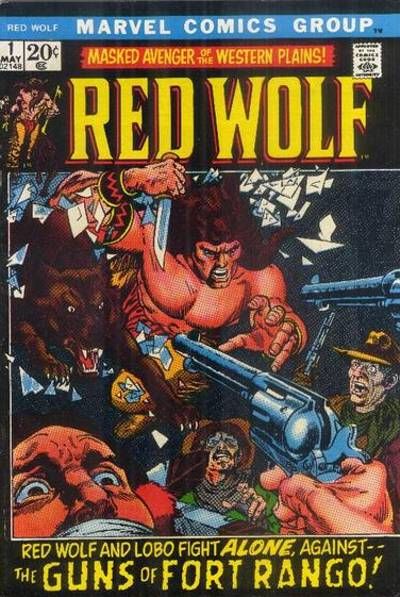 |
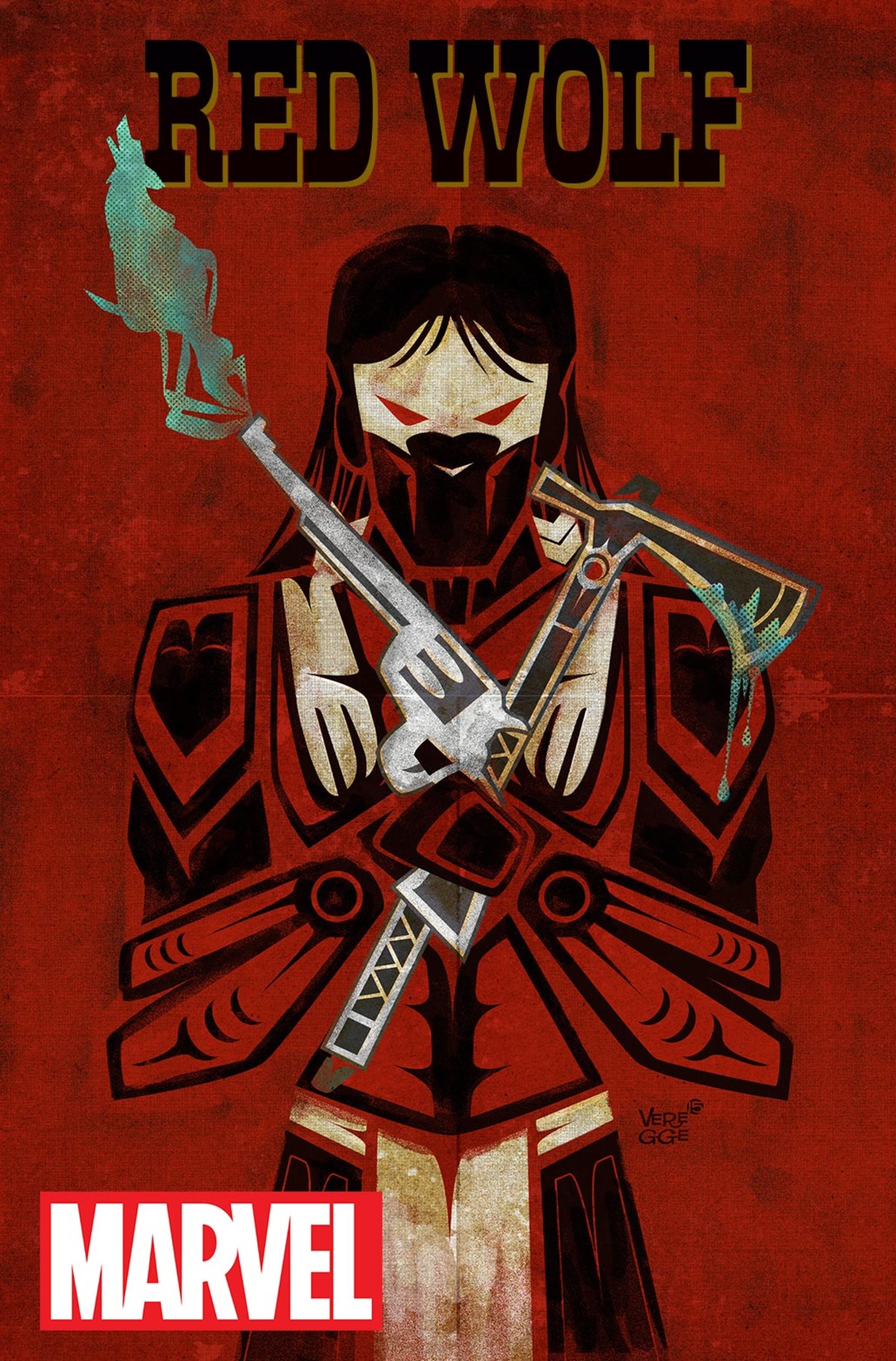 |
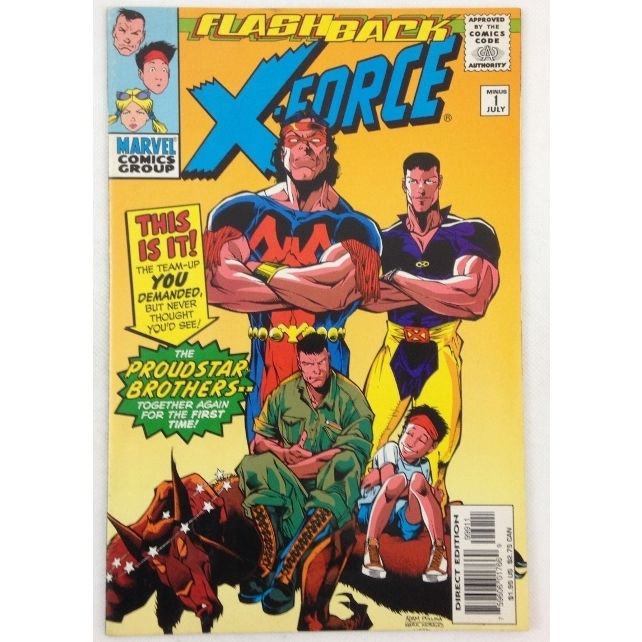 |
|
 |
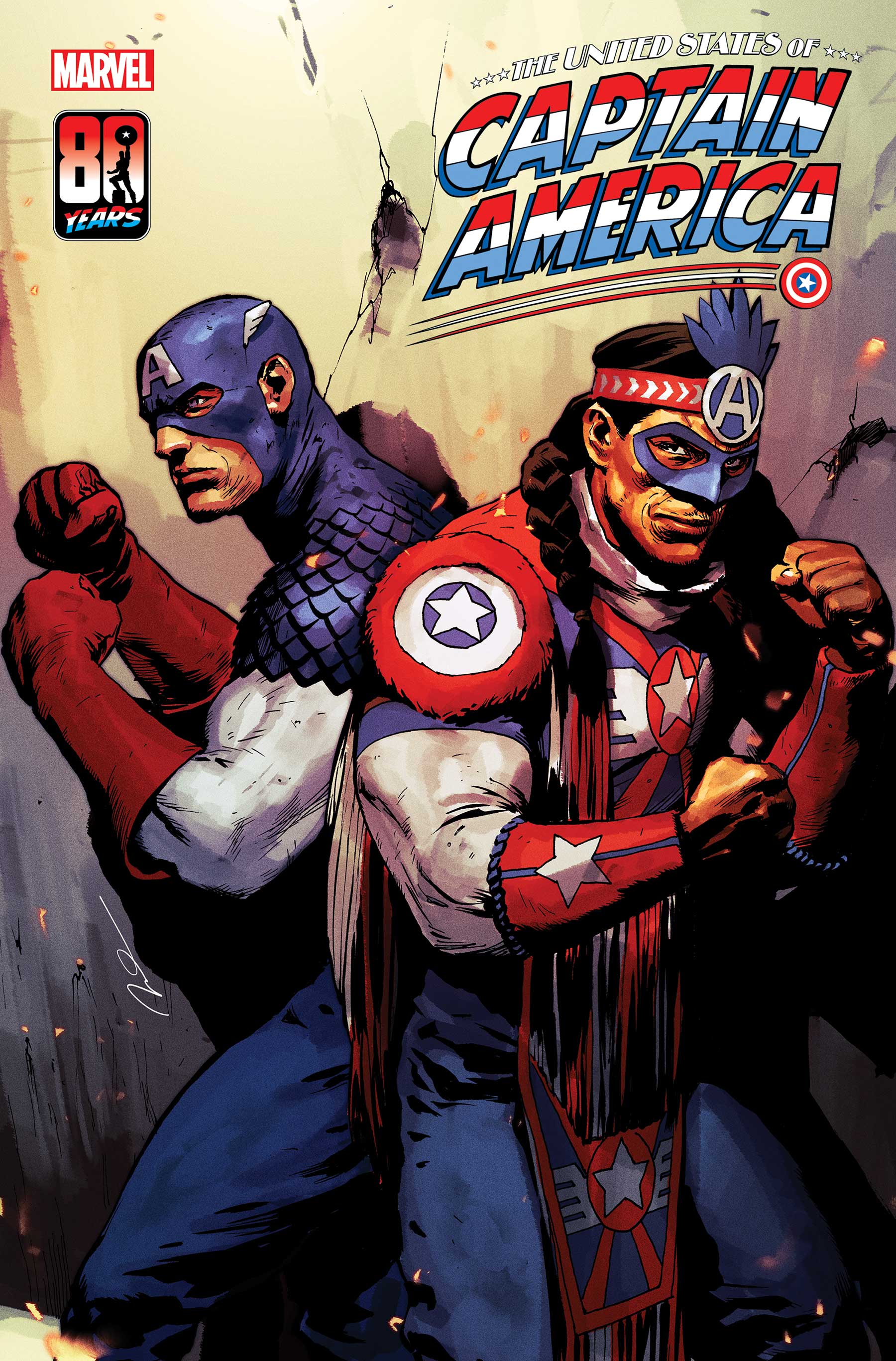 |
 |
 |

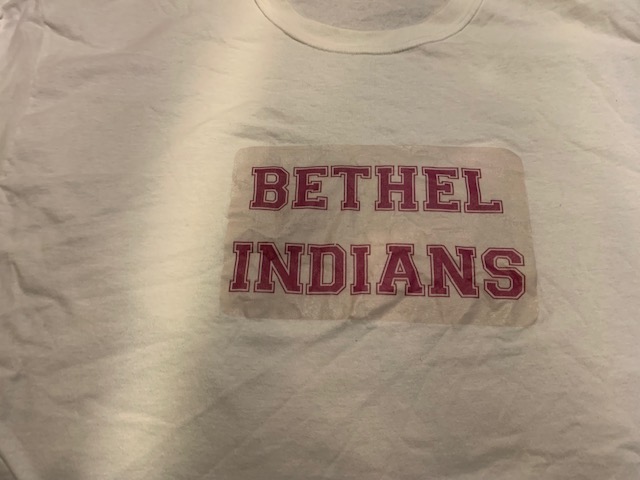 |
